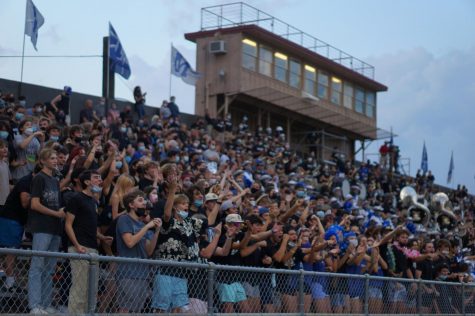COVID-19 wreaking havoc on 2020 Election
Coronavirus drastically changes timetable for primaries, way candidates are able to campaign
The coronavirus has caused a postponement of several presidential primaries and has drastically changed the way the candidates are able to campaign. Cartoon by Anna McClellan.
March 24, 2020
Primaries postponed. Events eliminated. Rallies a thing of the past. COVID-19, also known as coronavirus, has been making a slow progression around the world, spreading to almost every continent, and more than 120 countries affected. In the United States, every state has reported at least one case. The coronavirus can get almost anyone sick but is more serious in older adults, and people who have heart or lung disease and/or diabetes.
If coronavirus continues its rage throughout the next few months and doctors cannot contain it, then the states with elections and runoffs in the future will be forced to postpone or allow people to vote from home.
With all three presidential candidates over the age of 70, more and more precautions are being taken this primary season to keep them and the general public safe from possible exposure. Many events, rallies, and campaign stops have been canceled since they would draw large groups of people. President Donald Trump and the CDC said on March 16 that because of the virus, groups should not have more than 10 people. Many are urging a national stay at home order much like those enacted in 17 states and in many major cities across Texas, including Austin.
Political events for candidates often include gatherings of hundreds, if not thousands, of people and consist of shaking hands, taking pictures, and many other close-contact settings. Since the candidates are at such a high-risk for contracting COVID-19, all of them have canceled their rallies for the unforeseeable future.
In Texas, Gov. Greg Abbott signed an order postponing the runoff election until July, according to the Texas Tribune. The election, which was originally supposed to be held May 26, is now postponed until July 14, with early voting beginning on July 6.
With all three presidential candidates over the age of 70, more and more precautions are being taken this primary season to keep them and the general public safe from possible exposure.
Prior to this announcement, Texas Democrats filed a lawsuit to expand mail-in voting to those who have a disability that may hinder their ability to participate in the election at this time. In the past, only those over 65 who have a disability or illness, out of the county during voting or be confined in jail have qualified for mail-in voting. This suit would allow anyone to request a mail-in ballot if they believe they need to maintain social distance from others.
“Plaintiffs pray that the Court enter a declaratory order holding that TEX. ELEC. CODE 82.002 allows any eligible voter, regardless of age and physical condition, to request, receive and have counted, a mail-in ballot, if they believe they should practice social distancing in order to hinder the known or unknown spread of a virus or disease.”
The suit would mean that people would still have to request a ballot to be sent to them and still meet the requirements.
According to The Chicago Sun Times, as polls began to close in the Windy City, voter turnout was only at about 35 percent.
Texas was lucky as far as getting their primary in earlier this month before the outbreak was as big of a deal compared to now. Since then, nine states and one U.S. territory have postponed their primaries. According to ABC News, four of those states have moved their primary to June 2, and those with upcoming primaries have not officially announced movement, but election officials have been discussing changes to be made.
In Illinois, on the other hand, one of three states, along with Arizona and Florida did not cancel their primary even though Ohio did cancel. According to The New York Post, Illinois voters broke a “World War II-era record for vote-by-mail applications.” Not only did they have a high vote-by-mail application, but they also had a very low overall voter turnout. According to The Chicago Sun Times, as polls began to close in the Windy City, voter turnout was only at about 35 percent.
This begins to impose several questions going into the next few weeks, and maybe months, too. If coronavirus continues its rage throughout the next few months and doctors cannot contain it, then the states with elections and runoffs in the future will be forced to postpone or allow people to vote from home. And if this disease forces cities to remain on quarantine for an undetermined future, will the November election be at risk? Will Texas be forced to postpone its runoff once again?




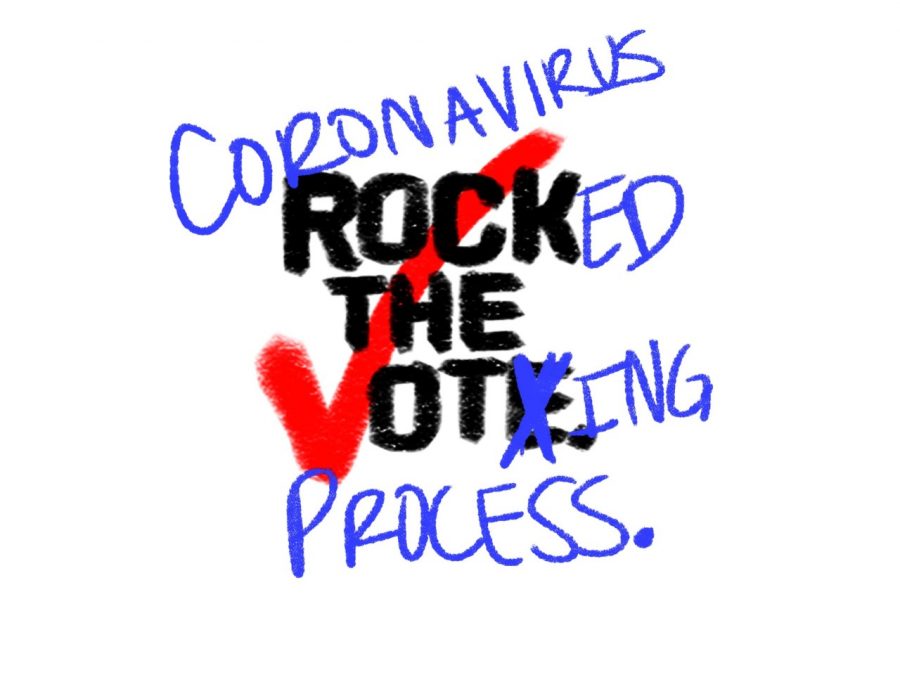

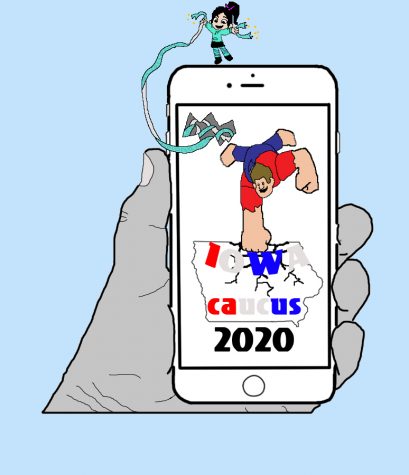
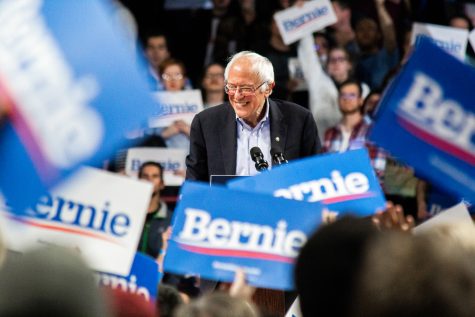

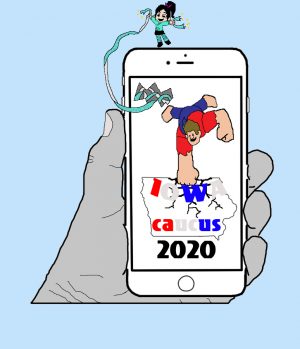
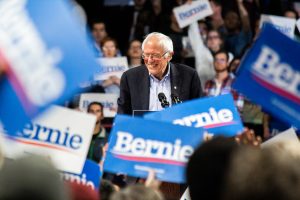

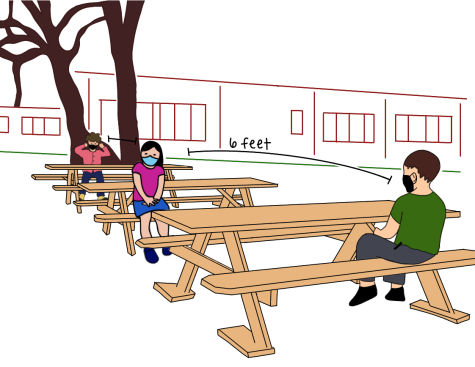
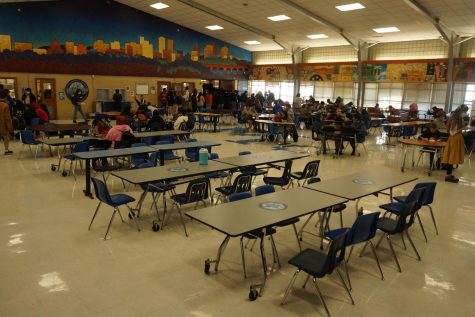
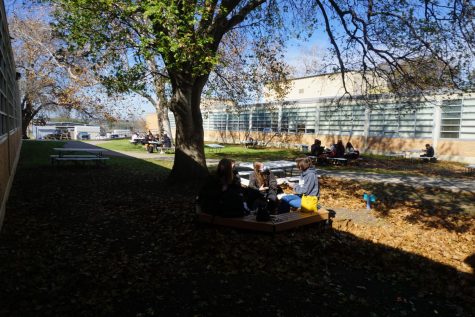
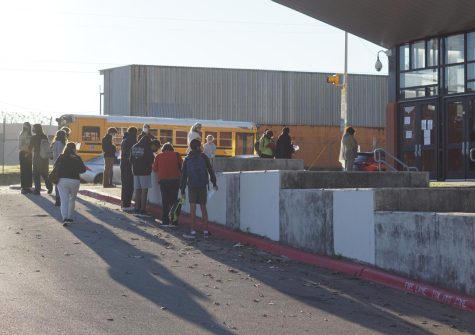
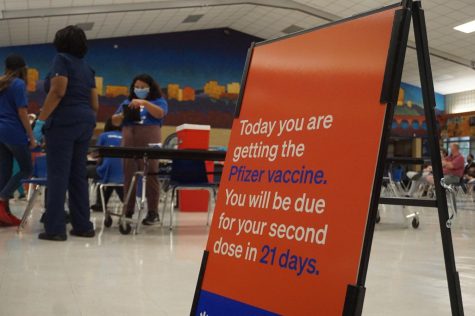
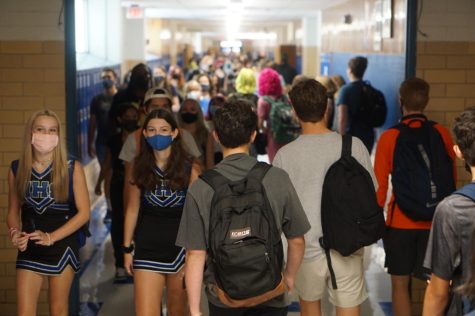
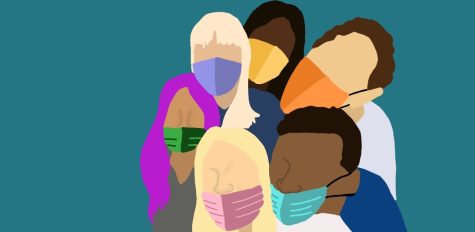
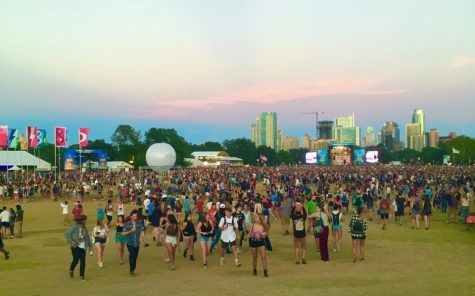
![A crowded scene from Austin City Limits in 2019. This years ACL will most likely look different. Senior Lila Plummer is relieved that mask and vaccine mandates are in place. I got [the tickets] before, but I had the idea that it wasn’t 100% that I would be able to go, especially with the Delta cases being so bad right when I bought them,” Plummer said. “But now with the precautions and cases seeming to get a little bit better, I do feel more comfortable and happy about that, because I worried I was gonna have to sell them.”](https://macshieldonline.com/wp-content/uploads/2021/10/acl-475x390.jpg)
